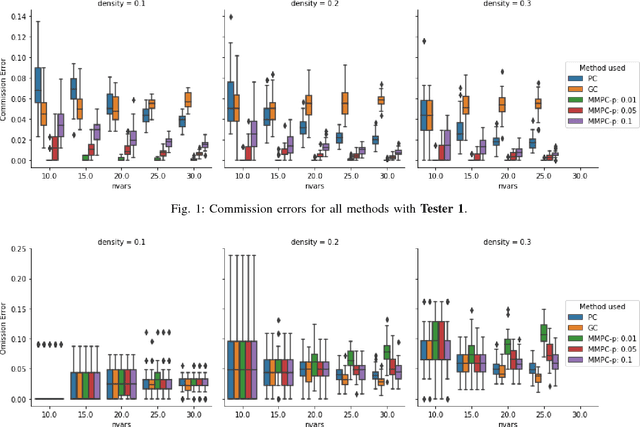Bernat Guillen Pegueroles
STAR: SocioTechnical Approach to Red Teaming Language Models
Jun 17, 2024Abstract:This research introduces STAR, a sociotechnical framework that improves on current best practices for red teaming safety of large language models. STAR makes two key contributions: it enhances steerability by generating parameterised instructions for human red teamers, leading to improved coverage of the risk surface. Parameterised instructions also provide more detailed insights into model failures at no increased cost. Second, STAR improves signal quality by matching demographics to assess harms for specific groups, resulting in more sensitive annotations. STAR further employs a novel step of arbitration to leverage diverse viewpoints and improve label reliability, treating disagreement not as noise but as a valuable contribution to signal quality.
Structure Learning from Time Series with False Discovery Control
May 24, 2018



Abstract:We consider the Granger causal structure learning problem from time series data. Granger causal algorithms predict a 'Granger causal effect' between two variables by testing if prediction error of one decreases significantly in the absence of the other variable among the predictor covariates. Almost all existing Granger causal algorithms condition on a large number of variables (all but two variables) to test for effects between a pair of variables. We propose a new structure learning algorithm called MMPC-p inspired by the well known MMHC algorithm for non-time series data. We show that under some assumptions, the algorithm provides false discovery rate control. The algorithm is sound and complete when given access to perfect directed information testing oracles. We also outline a novel tester for the linear Gaussian case. We show through our extensive experiments that the MMPC-p algorithm scales to larger problems and has improved statistical power compared to existing state of the art for large sparse graphs. We also apply our algorithm on a global development dataset and validate our findings with subject matter experts.
 Add to Chrome
Add to Chrome Add to Firefox
Add to Firefox Add to Edge
Add to Edge